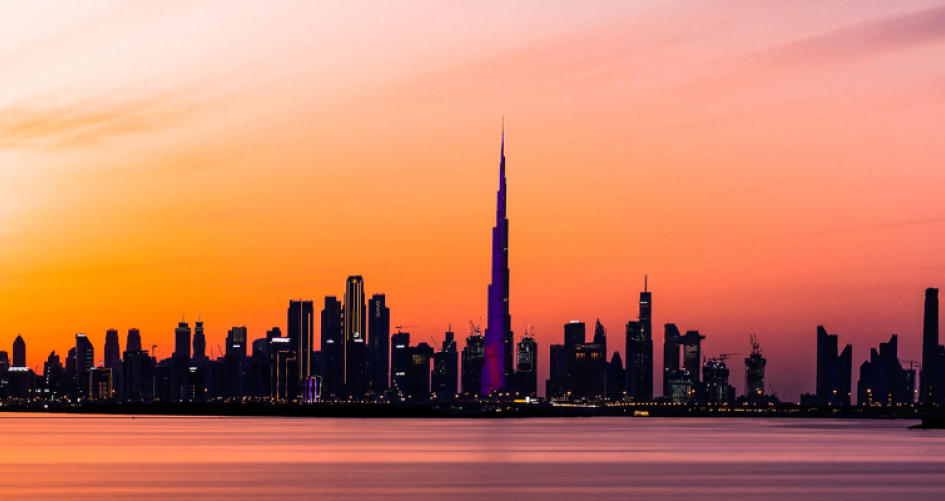UN Climate Change News, 15 March 2022 –The first-ever Middle East and North Africa Climate Week in Dubai (28-31 March) is shaping up to be a major climate action event for the MENA region. With less than two weeks to go until the event, ministers and other high-level participants have confirmed they will attend along with key representatives of the UN and other multilateral agencies, cities, regions, the private sector, youth and civil society.
The MENACW 2022 Event Programme is now available, reflecting a variety of topics ranging from ways to deal with water scarcity caused by climate change to scaling up renewable energy and mainstreaming the green economic recovery in the Arab region.
High-level participation at MENA Climate Week currently includes the presence of UAE Minister of Climate Change and Environment HE Mariam bint Mohammed Almheiri, HE Saeed Mohammed Al Tayer, Chairman of the World Green Economy Organization & Managing Director of Dubai Electricity & Water Authority, along with more than 12 Ministers from the region. Other high-level participants are UN Climate Change Executive Secretary Patricia Espinosa and the heads of other Regional Climate Week partner agencies, representatives of the COP26 and COP27 Presidencies and the High-Level Climate Champions for COP26 and COP27, Nigel Topping and Dr. Mahmoud Mohieldin.
The meeting will kick off with a ministerial segment including two round table discussions and one session on each of the three MENACW 2022 themes, opening opportunities to collaborate and advance climate action in the MENA region.
MENACW 2022 discussions will explore a) resilience against climate risks b) the transition to a low-emission economy and c) regional collaboration to solve pressing global challenges.
This is a key opportunity to advance implementation of the 2015 Paris Agreement and the COP26 Glasgow Climate Pact adopted last November and build momentum towards COP27 in Egypt.
The Event Programme will help participants choose from more than 100 thematic sessions, side events or action hub sessions. More than 20 side events will also be delivered virtually to allow for even more participation.
Interested participants should register for MENACW 2022 as soon as possible. An Information Note has been published to provide guidance on travel and accommodation. Register at the MENACW 2022 Registration site to join the event and the conversation.
About MENACW 2022 and the Regional Climate Weeks in 2022
MENACW 2022 is hosted by the Government of the United Arab Emirates – Ministry of Climate Change and Environment (MOCCAE), the World Green Economy Organization (WGEO) and the Dubai Electricity and Water Authority (DEWA). The event is organized in collaboration with core partners UN Climate Change, UN Development Programme, UN Environment Programme and the World Bank Group. Partners based in MENA include the International Renewable Energy Agency (IRENA), Islamic Development Bank (IsDB), the League of Arab States (LAS) Secretariat, and the UN Economic and Social Commission for Western Asia (UNESCWA).
MENACW 2022 is part of the Regional Climate Weeks 2022 series, with meetings scheduled in Latin America and the Caribbean (LACCW 2022), Asia-Pacific (APCW 2022) and Africa (ACW 2022). More details on the full series of Regional Climate Weeks are coming soon.
MORE INFORMATION
For media inquiries, please see the MENACW 2022 Press Kit or contact UN Climate Change at press@unfccc.int, Alex Saier at asaier@unfccc.int or John Hay at jhay@unfccc.int.
For more information, visit MENACW 2022 or www.regionalclimateweeks.org
Join the conversation on social media using the hashtag #MenaClimateWeek
About the UNFCCC
With 197 Parties, the United Nations Framework Convention on Climate Change (UNFCCC) has near universal membership and is the parent treaty of the 2015 Paris Climate Change Agreement. The main aim of the Paris Agreement is to keep a global average temperature rise this century well below 2 degrees Celsius and to drive efforts to limit the temperature increase even further to 1.5 degrees Celsius above pre-industrial levels. The UNFCCC is also the parent treaty of the 1997 Kyoto Protocol. The ultimate objective of all agreements under the UNFCCC is to stabilize greenhouse gas concentrations in the atmosphere at a level that will prevent dangerous human interference with the climate system, in a time frame which allows ecosystems to adapt naturally and enables sustainable development.
